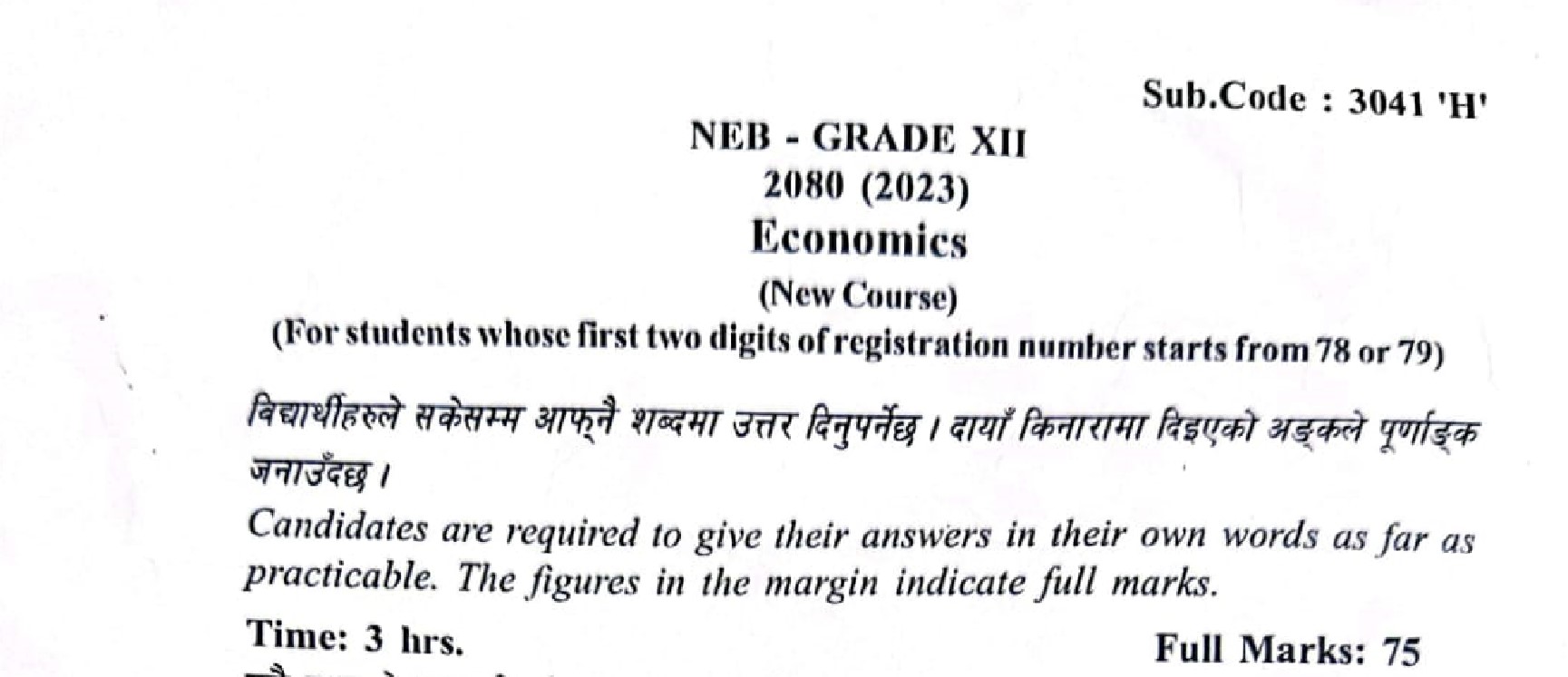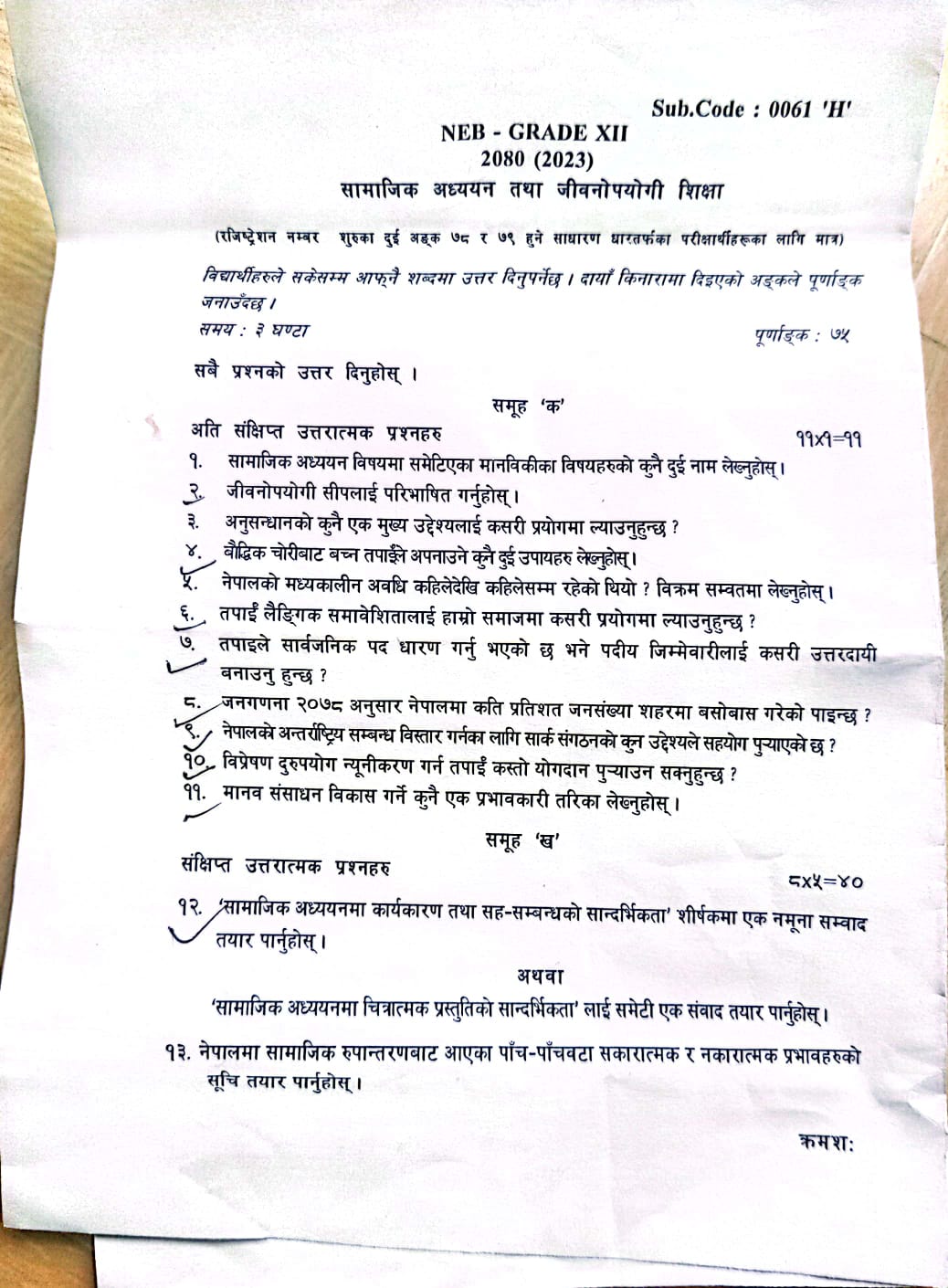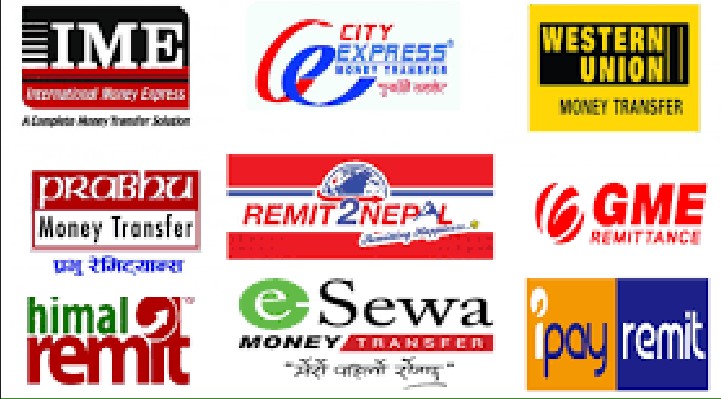Meaning And Aspects Of Distribution
Distribution in travel and tourism refers to the process of making tourism products and services available to customers through various channels, including travel agents, tour operators, online travel agencies, direct booking websites, and other intermediaries.
There are several aspects of distribution in travel and tourism, including:
- Product distribution: This involves the physical distribution of tourism products and services such as accommodation, transportation, tours, and activities.
- Channel distribution: This refers to the various channels used to distribute tourism products and services, such as travel agents, tour operators, online travel agencies, and direct booking websites.
- Geographic distribution: This involves the distribution of tourism products and services across different geographic locations, such as countries, regions, or cities.
- Seasonal distribution: This refers to the distribution of tourism products and services across different seasons, such as peak season or off-peak season.
- Pricing distribution: This involves the distribution of tourism products and services at different price points, including discounting, bundling, and dynamic pricing.
Effective distribution is crucial for the success of tourism businesses as it helps them reach a wider audience and increase their sales. It also helps customers to easily access and book tourism products and services that meet their needs and preferences.
In tourism, the concept of channel of distribution refers to the various intermediaries or channels through which travel products and services are made available to customers. The primary channels of distribution in tourism are:
- Travel agents: These are professionals who sell travel products and services on behalf of tour operators, hotels, airlines, and other travel suppliers. They often provide expert advice and personalized service to customers.
- Tour operators: Tour operators create, package, and sell travel products and services, including accommodation, transportation, tours, and activities. They may also work with travel agents to sell their products.
- Online travel agencies (OTAs): OTAs are websites that allow customers to book travel products and services online, such as Expedia, Booking.com, and Airbnb. They offer a wide range of options and often provide customer reviews and ratings.
- Direct booking: This refers to customers booking directly with travel suppliers, such as hotels, airlines, and car rental companies, either online or over the phone.
- Wholesalers: Wholesalers purchase travel products and services in bulk from travel suppliers and sell them to travel agents and tour operators at discounted rates. They may also package these products and services to sell directly to customers.
- Meta-search engines: Meta-search engines aggregate information from multiple sources to provide customers with a comprehensive overview of available travel options, such as Google Flights and Kayak.
Effective channel distribution is important in tourism as it helps travel suppliers reach a wider audience and increase their sales. It also allows customers to easily compare and book travel products and services that meet their needs and preferences.
Must read NEB 12 Travel And Tourism Unit 3 : Tourism Product Pricing Notes
MA 1st year Research Methods In Sociology : Unit 4 Measurements and Relationship (Important Notes)
Tourism distribution channel members are the various intermediaries involved in the distribution of tourism products and services to customers. They include:
- Travel agents: Travel agents are professionals who sell travel products and services on behalf of travel suppliers such as tour operators, hotels, airlines, and car rental companies. They may specialize in specific types of travel, such as adventure travel or luxury travel, and often provide personalized service to customers.
- Tour operators: Tour operators are travel suppliers that create and package travel products and services, including accommodation, transportation, tours, and activities. They may work with travel agents to sell their products or sell them directly to customers.
- Online travel agencies (OTAs): OTAs are websites that allow customers to book travel products and services online, such as Expedia, Booking.com, and Airbnb. They offer a wide range of options and often provide customer reviews and ratings.
- Wholesalers: Wholesalers purchase travel products and services in bulk from travel suppliers and sell them to travel agents and tour operators at discounted rates. They may also package these products and services to sell directly to customers.
- Meta-search engines: Meta-search engines aggregate information from multiple sources to provide customers with a comprehensive overview of available travel options, such as Google Flights and Kayak.
- Direct booking:Customers can book travel products and services directly with travel suppliers, such as hotels, airlines, and car rental companies, either online or over the phone.
Effective management of tourism distribution channel members is crucial for the success of tourism businesses as it helps them reach a wider audience and increase their sales. It also allows customers to easily access and book travel products and services that meet their needs and preferences.


 - [Resolving the Adventure Not Found Error in For the King 2](#) - [Understanding the Purpose of the Hardwork Skill in For the King 2](#) Upon liberating the prisoner from the cart in The Resistance chapter, the world unfurls for exploration. Roam the area until you chance upon an overturned wagon distinct from the prisoner cart, nestled in the Foothills area of the map. Should the wagon remain elusive, lean on Vision Scrolls or Find Distance items, available in town shops, dropped by enemies, or carried by specific characters such as the Scholar. Employ these tools to meticulously scrutinize the Foothills. Continue your exploration of the Foothills until you stumble upon the broken wagon. Once uncovered, assign any of your party members to investigate – no battle ensues, sparing your entire party from involvement. A notification will prompt you to the exact location of the Bandit Camp, where Hildegard's husband is being held captive. Liberate him from the camp to successfully fulfill this objective. These are the crucial steps to unraveling the mystery of Hildegard's husband in For the King 2. If you found this guide beneficial, consider exploring our diverse range of other informative guides.](https://meropaper.com/wp-content/uploads/2024/01/for-the-king-2-hildegard-husband-cart2-150x150.webp)








